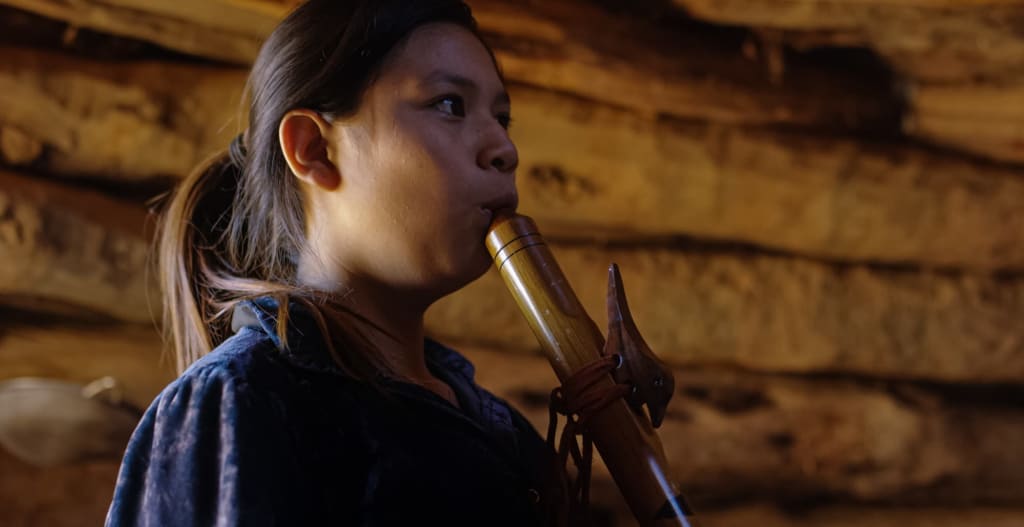Thanksgiving is a beloved holiday in the United States, a time for gathering with loved ones, feasting on delicious food, and reflecting on the things we are grateful for. However, the history of Thanksgiving is often whitewashed and romanticized, leaving out the true and often troubling origins of the holiday. It is crucial that we unpack the history of Thanksgiving in order to understand and acknowledge the full truth of its origins.
The traditional narrative of Thanksgiving is that it originated in 1621 when the Pilgrims and Native Americans came together to share a harvest feast in Plymouth, Massachusetts. However, this story simplifies and sanitizes the complex and often violent relationship between European settlers and Native American tribes.
The reality is that the Pilgrims were not the first European settlers in America, and their arrival marked the beginning of a long history of colonization, displacement, and violence against Native peoples. The friendly feast between the Pilgrims and Native Americans in 1621 was an exception rather than the rule, and conflict and tension persisted between the two groups in the following years.
The modern holiday of Thanksgiving was not established until the mid-19th century, when President Abraham Lincoln declared it a national holiday in an effort to promote unity during the Civil War. It was not until the late 20th century that Native Americans began to push back against the whitewashed narrative of Thanksgiving and to reclaim the holiday as a day of remembrance and mourning for the atrocities committed against their ancestors.
By unpacking the history of Thanksgiving, we are able to confront the uncomfortable truths of our past and to acknowledge the harm that has been done to Native communities. We must recognize the ongoing legacy of colonization and systemic oppression that continues to impact Native Americans today, including high rates of poverty, health disparities, and violence.
Moreover, by understanding the true history of Thanksgiving, we can work towards building a more inclusive and equitable future. This includes supporting Indigenous communities, amplifying their voices and perspectives, and advocating for justice and reparations for past wrongs.
As we gather around the Thanksgiving table this year, let us take the time to reflect on the full history of the holiday and to honor the resilience and strength of Native peoples. Let us commit to listening, learning, and taking action to create a more just and equitable society for all. Unpacking the history of Thanksgiving is not about guilt or shame, but about acknowledging the truth and working towards reconciliation and healing. It is only by confronting our past that we can build a better future for all.
